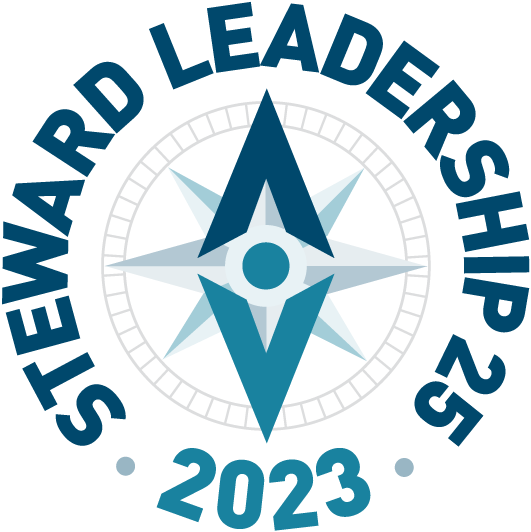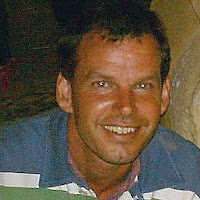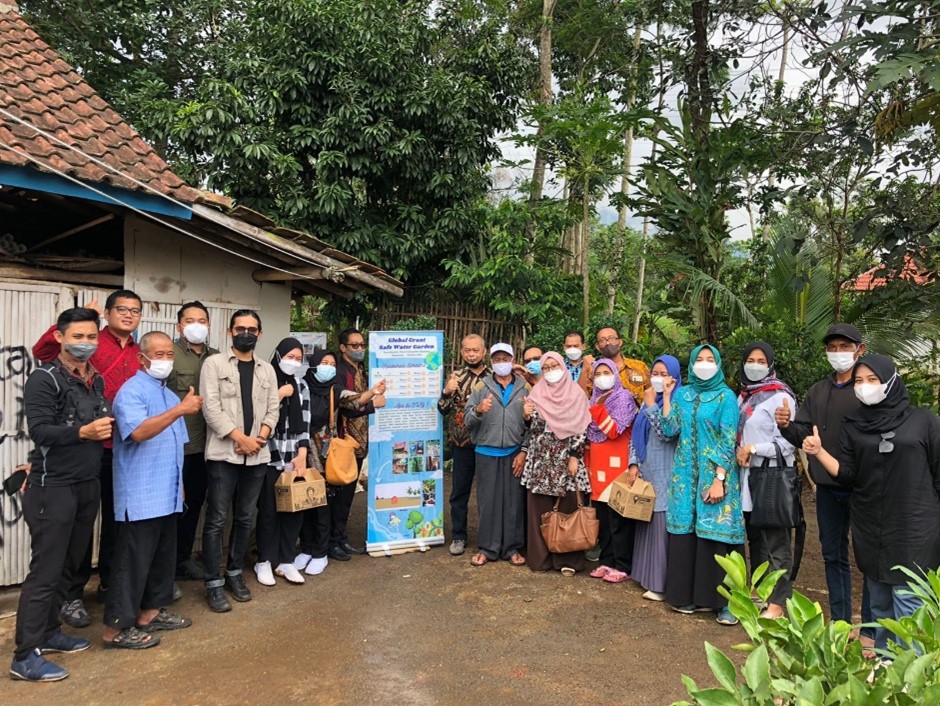Leveraging innovation and community education to enable access to safe sanitation, water and hygiene.
After completing my master’s degree in mathematics in Holland and backpacking for a year in Asia, I fell in love with Indonesia and the natural hospitality of its people. I decided to return eventually and open my own resort. Nine years after completing my doctorate in cosmology in Singapore, LooLa Eco Adventure Resort opened its doors on Bintan Island in April 2000, the same month my first son was born.
My wife and I hired local staff from the village to build and subsequently staff the resort. LooLa gathered numerous accolades, including 2012 Most Inspiring Responsible Tourism Operator by Wildasia and 2015 overall winner of the World Responsible Tourism Awards, among others.
Creating a single-sized standalone sanitation system
But in the same year we were crowned the world’s most inspiring responsible tourism operator, our cook’s 1-year-old daughter died. The reason? Bad sanitation at her home.
This shocked us all, especially after I realised that she was not alone. Every day in Indonesia, nearly 400 children die because of bad sanitation. So, we decided to leverage our award to connect to experts and grants to make a change and bring safe sanitation to families like our cook's.
We learned that aid agencies developed a standalone sanitation solution after the Aceh Tsunami in 2004. We then mobilised our wonderful LooLa guests to spend some of their holiday time and money to build these sanitation systems for local families. Many guests obliged, in particular Singapore-based students. These joint efforts revealed the original system’s flaws, but we believed we could fix these flaws and make the system cheaper.
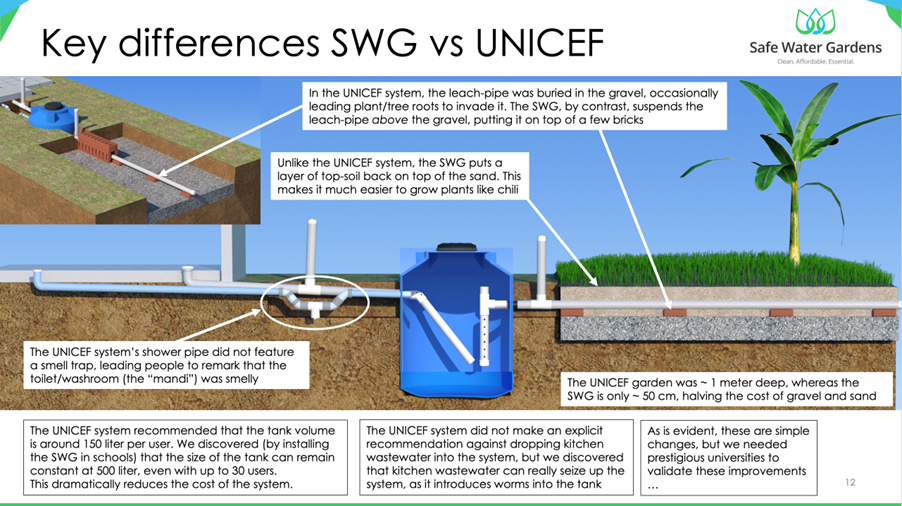
Differences between the old and new systems
We needed credible partners to do so, so we got a Dutch government grant to work with two top universities: the National University of Singapore and Indonesia’s oldest university, Universitas Gadjah Mada. Two years later, in 2018, we had our cost-optimised model: the Safe Water Garden (SWG), suitable for families and small schools.
From sanitation to full WASH
Several large companies threw their weight behind the SWG, and in December 2019, the Indonesian government recognised the SWG as a safe sanitation system fit for use for up to 10 households. This officially made the SWG the world's cheapest safe sanitation system.
Meanwhile, students made us realise that we could easily extend safe sanitation to safe water, sanitation and hygiene (WASH). So, we added WASH additions such as running water and clean drinking water. These WASH additions could be delivered for less than USD200 per family and be paid for through microloans. We brought in the microlenders who agreed to offer such loans. The SWG thus became an engine for a full micro-WASH solution that includes running and drinking water.
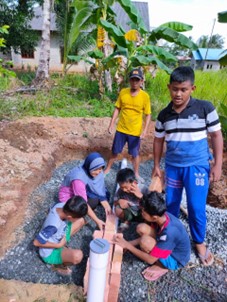 Our teams empower village families to construct their own SWG in just one day.
Our teams empower village families to construct their own SWG in just one day.
The SWG can also recycle pre-existing village waste in some of its key parts. It is maintenance-free and can be installed in one day. And it is three to seven times cheaper than the current safe sanitation solutions in Indonesia and Nepal, the two countries where we have operated so far.
Empowering villagers to adopt WASH systems
To reach our goal of bringing safe WASH to sub-tropical villages, we had to scale the SWG, and we realised that the way to do it was through education and empowerment. In 2021, we taught a whole village in Bintan to build their own WASH systems. They successfully built 30 systems themselves, benefitting 37 families. That same year, we taught villagers in Java to not only build their own systems but also to share them, bringing the cost of complete safe WASH to less than USD400 per family. With a grant from Rotary International, villagers of Nagrak in Bandung installed 30 full WASH systems for 92 families.
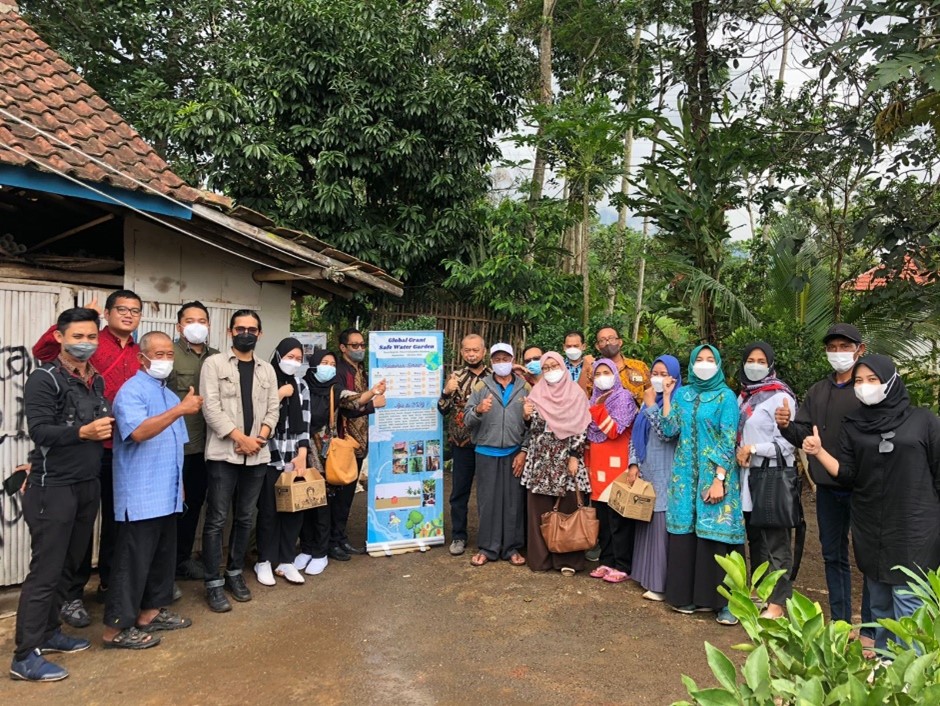
Key Nagrak village members and the leadership of the East Java Water Agency after installing the WASH systems.
We knew we had to make one final step: teach villagers to become teachers. In the Model Village Programme (MVP), we train villagers to conduct their own high-quality WASH census surveys, build the WASH systems and leverage them to start healthy diet habits, micro-farming and micro-businesses, which are primarily run by women. The MVP enables the village to transfer all this knowledge to other villages in the same region, powering a regional WASH rollout. The first MVP, started in Bintan in 2022, was a huge success and demonstrated the proof of concept.
Creating a replicable and scalable model
We work to ensure that the MVP model will remain successful in the long term. The MVP is a win-win concept that will spark a chain reaction. We sell the MVP at USD260,000 as a Public-Private Partnership project. This fee includes exactly USD100,000 in WASH material cost, procuring as many local materials as possible at transparent prices, which makes the project manifestly corruption-free (to everyone’s delight). Depending on pre-existing conditions, USD 100,000 typically pays for at least 100 complete WASH systems that serve approximately 250 families. The fee also includes a year’s worth of complete WASH census data, and a fully empowered community that can lead a regional WASH rollout at less than USD400 per family. Regional or national governments and MNCs (multinational corporations) with a regional presence pay for the data and training costs while villages themselves co-fund the USD100,000 material costs.
For the many MNCs already publicly committed to providing basic sanitation (one level short of safe sanitation) for their workers before 2030, the MVPs go one step further and offer safe sanitation for far less money and time. A family on safe sanitation is also worth an estimated 0.5 carbon credit per year on account of avoided methane and nitrous oxide emissions. Given that safe sanitation verifiably lasts at least 20 years, a family on safe sanitation is worth about 10 carbon credits. Governments that follow this playbook can also achieve the United Nations’ Sustainable Development Goal 6 (ensure availability and sustainable management of water and sanitation for all) at a fraction of the budgeted cost. In Indonesia, safe rural sanitation will cost less than USD10 billion, compared to the USD63 billion currently set aside.
In December 2019, the Indonesian government recognised the SWG as part of its national standards. The UN invited us to exhibit at the 2023 UN Water Conference in New York as one of (only!) six examples of a “scalable WASH innovation.”
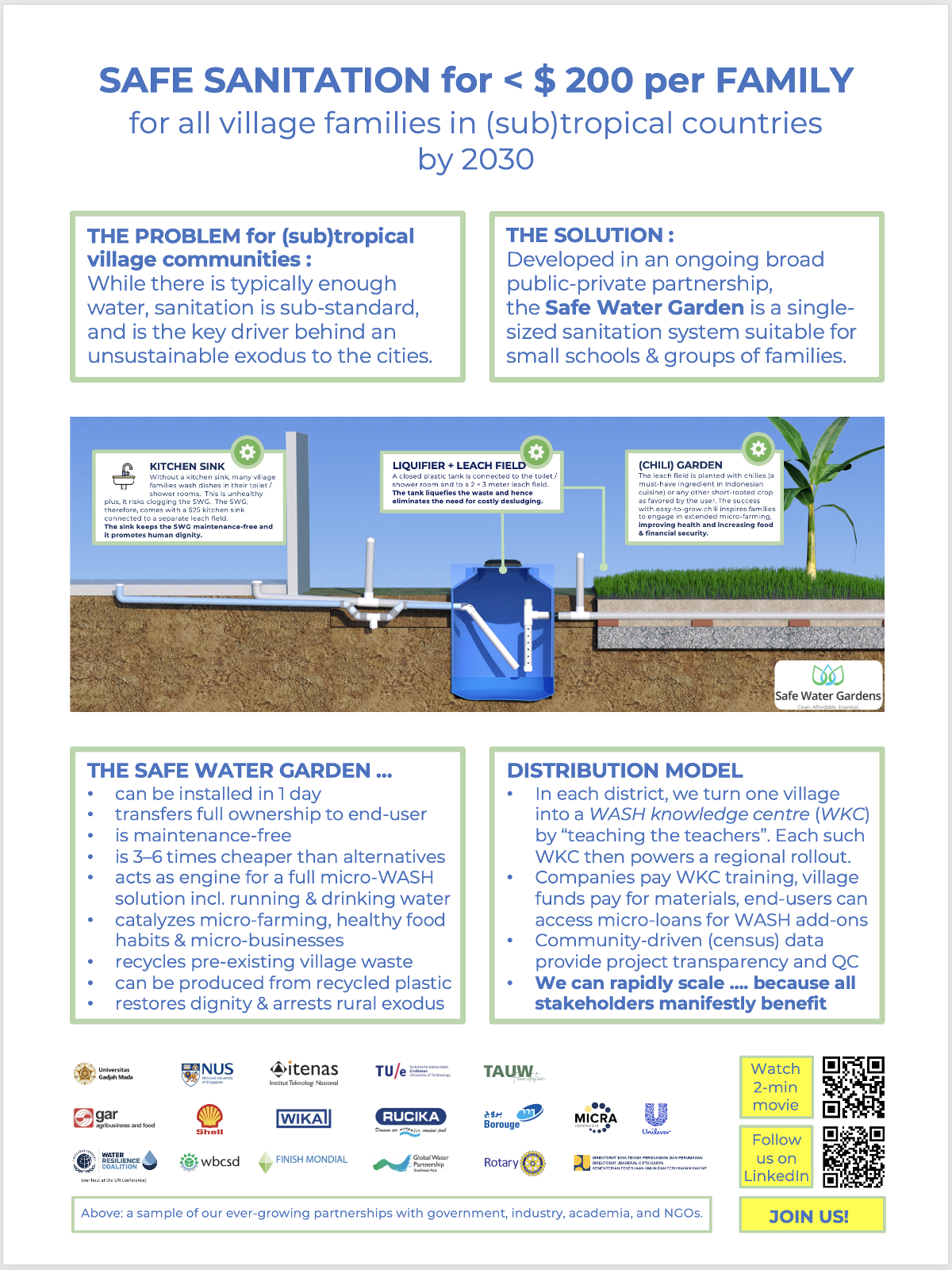
The poster we exhibited at the UN 2023 Water Conference.
Never doubt the power of individual action, especially if we work together. Passion and collaboration will save our planet. We hope that our story inspired the reader to play a part!
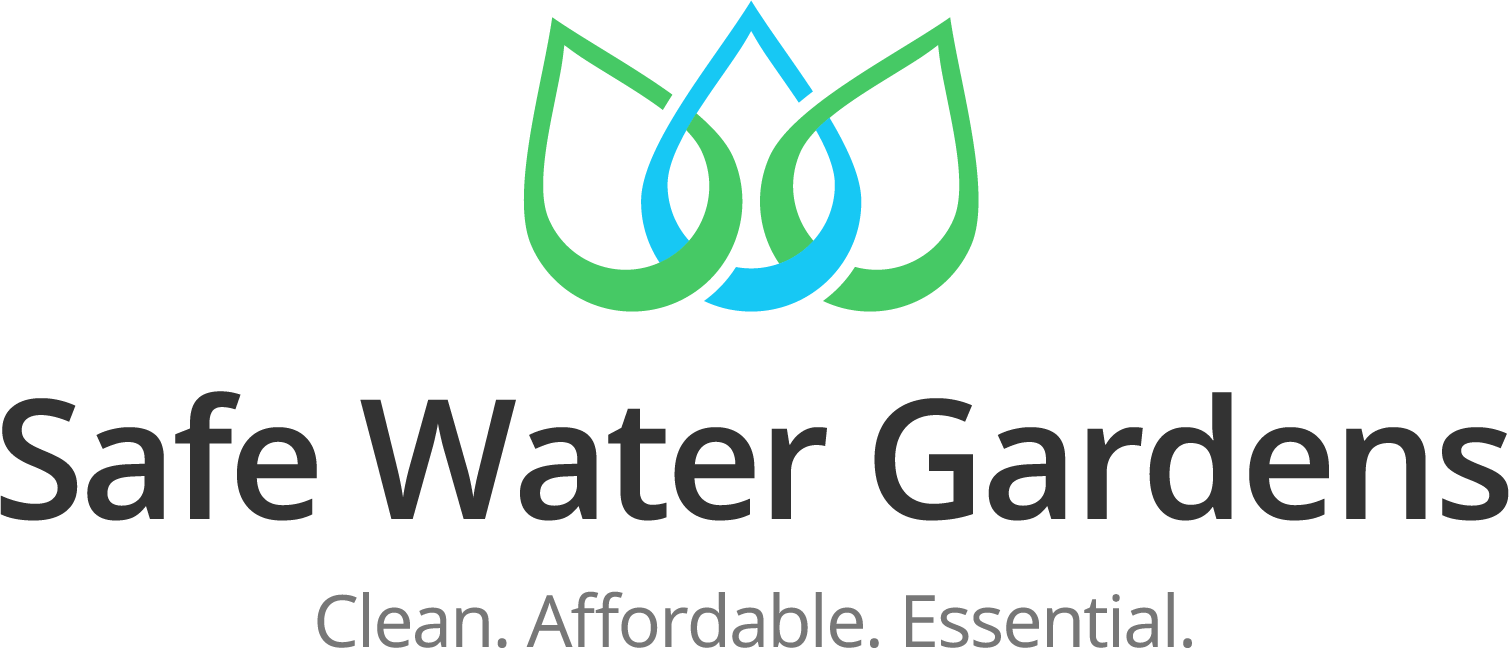
Safe Water Gardens grew out of LooLa Adventure Resort in Bintan, Indonesia. Our accolades include, among others, 2012 Most Inspiring Responsible Tourism Operator and 2015 overall winner of the World Responsible Tourism Awards. Officially recognised as part of national standards by the Indonesian government in 2019 and feted at the 2023 UN Water Conference as one of only six examples of a scalable WASH innovation, our goal remains: safe sanitation for less than USD200 per family for all village families in (sub)tropical countries by 2030!
Learn more about Safe Water Gardens through their website. To collaborate or connect, reach out directly to our SL25 team.
Connect


